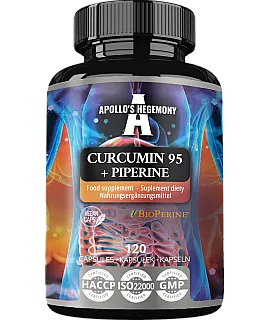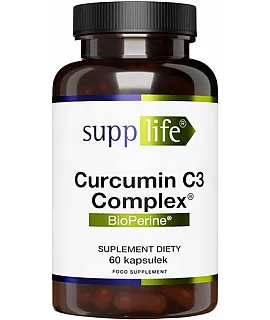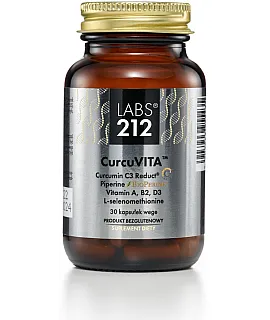Benefits of using curcumin - what are the effects?
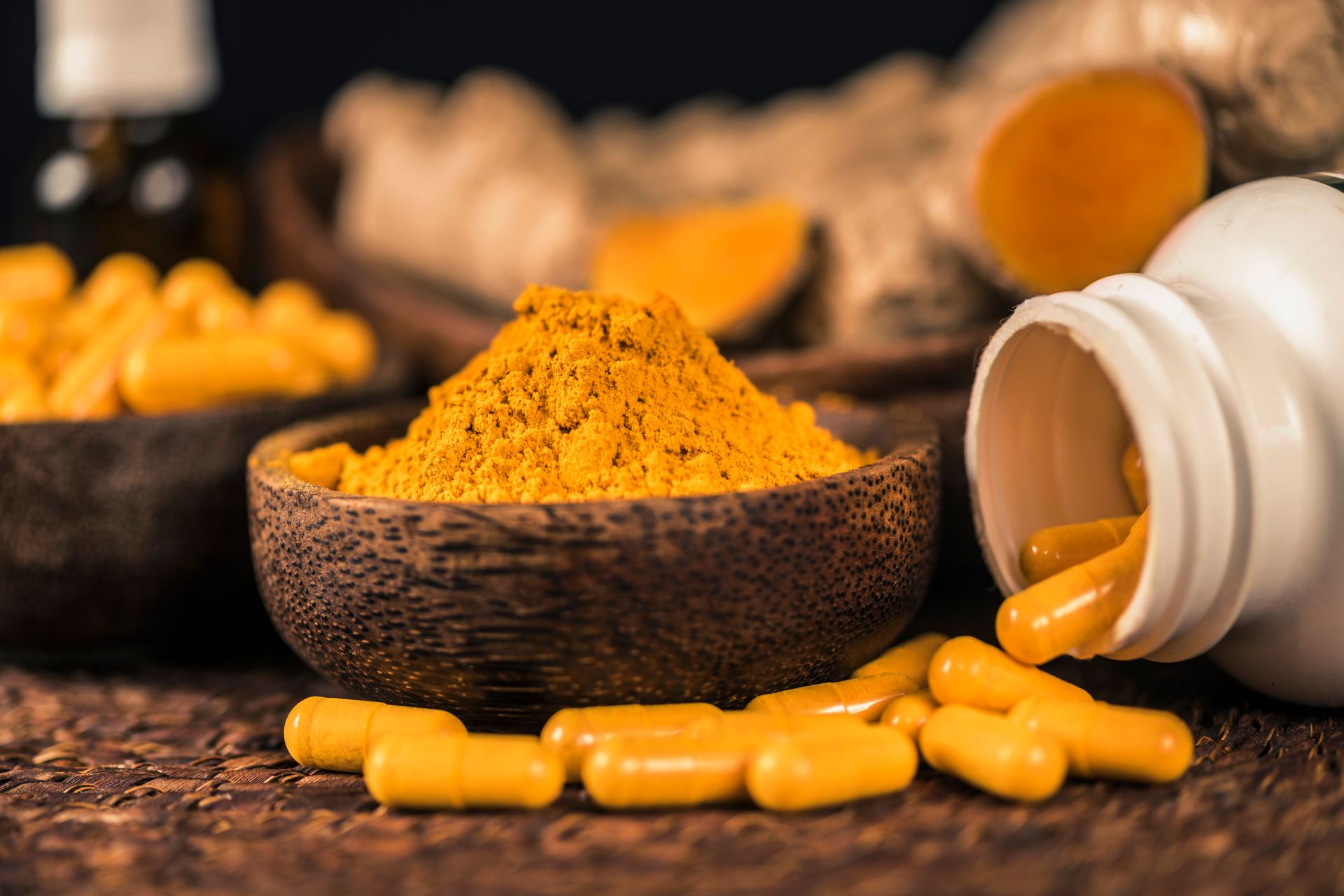
Natural spices are extremely dense in biologically active ingredients. Not only do they enrich our dishes with new aromas, flavors and colors, but they often support our bodies in many aspects of health. The health-promoting properties of long spurge, a plant that has been used for centuries as an anti-inflammatory agent, are attributed to the polyphenolic curcuminoids it contains, of which curcumin is the predominant one. It is one of the spices with an excellent reputation for its effects on human health, as evidenced by thousands of studies conducted with it. In this article, we review information on the benefits of curcumin in various aspects of health. Read to the end!
- Curcumin is a yellow dye from turmeric with remarkable properties
- Benefits of using curcumin
- Does curcumin affect cancer?
- How to supplement curcumin?
- Curcumin dosage
- Summary
Curcumin is a yellow dye from turmeric with remarkable properties
Among both dietary supplements and food ingredients, curcumin is one of the leaders in terms of scientific publications. The very high citation rates of the most popular publications indicate that the interest in curcumin among scientists is enormous.
Curcumin is a polyphenol that naturally occurs in the rhizome of the Curcuma longa plant. Many of us consume it quite often in our diets, especially if we enjoy Indian cuisine. Among other things, curry owes its color and flavor to the curcumin contained in turmeric. While regular consumption of turmeric as a spice is a healthy and in most cases desirable practice, specific health benefits are usually only possible after a higher threshold of curcumin intake, which is possible with the use of turmeric extract supplements.
Benefits of using curcumin
Curcumin appears to be so versatile that researchers are taking a gander at dozens of health ailments where it could potentially help.
Anti-inflammatory and antioxidant potential
Antioxidant and anti-inflammatory properties are the two main mechanisms explaining most of curcumin's benefits in various ailments.
Free radicals cause peroxidation of membrane lipids and oxidative damage to DNA and proteins. These processes contribute to various pathologies, the complications of which increase the risk of atherosclerosis, neurodegeneration and other diseases. Studies show that curcumin is an efficient antioxidant that helps control oxidative stress and reduce the extent of free radical damage. Among other things, curcumin has been shown to improve systemic markers of oxidative stress and can increase the activity of endogenous antioxidants in serum, such as superoxide dismutase (SOD) and glutathione peroxidase (GSH), and catalase in plasma.
Curcumin affects PPARγ and TLR receptors, inhibits TNF-α expression and NF-κB activation, inhibits COX-2, LOX and iNOS enzymes, and affects many other physiological pathways regulating inflammation.
Pathological processes induced by oxidative stress are closely related to inflammation. One can easily be triggered by the other. This is why it is so beneficial that curcumin affects both aspects simultaneously.
Benefits of curcumin for the digestive system
In the Far East, turmeric was used in ancient times to support the digestive tract. Current data say that curcumin may be useful in cases of IBS and IBD. There is also growing evidence that the gut microbiota is involved in mediating between curcumin and inflammatory bowel disease.
Quite a bit of research on curcumin concerns its hepatoprotective properties. Many experiments have been conducted on rodents, where curcumin was administered to them in models of various diseases, poisoning, etc., among other injections. A lot of positive effects were observed, such as improvement of liver enzymes, increase of antioxidant enzymes, and reduction of toxicity of some drugs that burden the liver (e.g. paracetamol).
Benefits of curcumin for arthritis
Curcumin can reduce joint inflammation and relieve pain symptoms, mainly due to its anti-inflammatory and protective effects on cartilage. Curcumin's effect on inflammatory joint complaints is one of the most extensively studied areas of action for this polyphenol.
A clinical study used turmeric extract in patients struggling with osteoarthritis of the knee. It was noted that turmeric extract inhibited inflammation and improved clinical symptoms, as well as reduced IL-1β and oxidative stress.
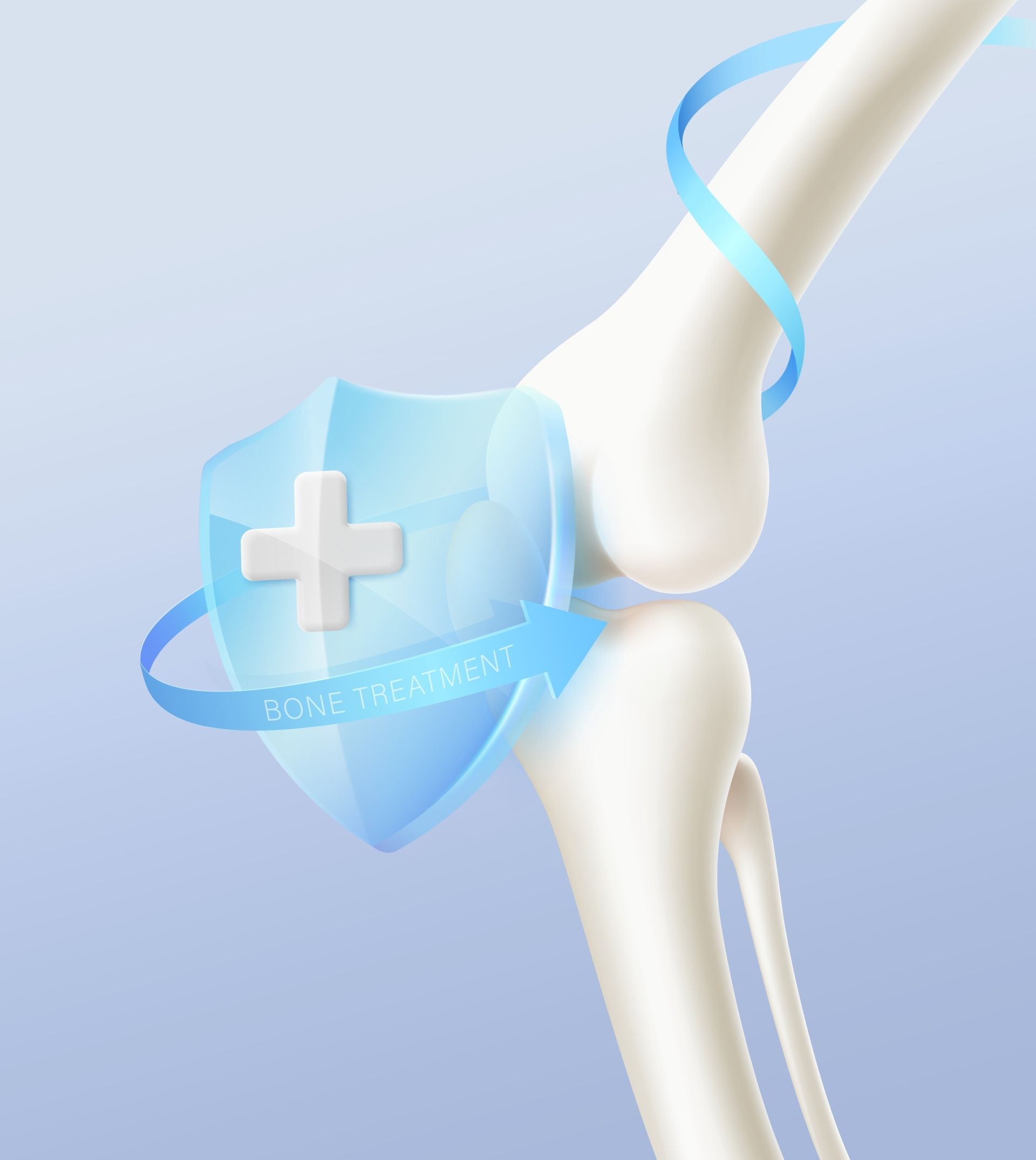
Benefits of curcumin for the cardiovascular system
Effects on some parameters related to cardiovascular health were noted even in healthy people without any diagnosis, and at low doses (80 mg of curcumin per day). Triglyceride levels improved, nitric oxide, which dilates blood vessels and improves blood flow, increased neutrophil function related to inflammation.
In preclinical studies, there are many indications of anti-atherosclerotic effects, enhancing endothelial function, and overall multi-faceted protection of the cardiovascular system from multiple threats.
Curcumin's benefits for the nervous system
There are many indications of the neuroprotective properties of curcumin. Neurodegenerative diseases (including Alzheimer's and Parkinson's), depression, epilepsy and similar neurological problems claim a huge share of the population, so we need as many ingredients as possible in our menus that will protect the brain from threats.
Because of curcumin's antioxidant, anti-inflammatory and protein aggregation-preventing effects, many in vivo studies have been done on models of various neurological conditions. Among other things, curcumin has been shown to block the production of inflammatory cytokines and prostaglandins in activated microglia and astrocytes.
Using Alzheimer's disease as an example, researchers in the study singled out a number of mechanisms by which curcumin could potentially help, including:
- inhibiting the production of Aβ (beta-amyloid) peptide by altering the transport of amyloid precursor protein;
- binding Aβ peptides and affecting their aggregation;
- attenuating hyperphosphorylation of tau and increasing its clearance;
- reducing Aβ-induced toxicity by inhibiting JNK-3 phosphorylation;
- lowering cholesterol levels, which reduces the risk of Alzheimer's disease;
- protecting the blood-brain barrier by increasing OH-1 expression;
- inhibition of acetylcholinesterase;
- playing a role in cell signaling by activating Wnt pathways;
- reducing inflammation and oxidative damage.

Does curcumin affect cancer?
Although the topic of cancer (both its treatment and prevention) is very complex and it is difficult to draw firm conclusions, some potential is seen in curcumin. In the literature, one can find extensive preclinical studies (on cell lines or rodents) evaluating the anticancer effects of curcumin. Curcumin has been shown to prevent carcinogenesis by affecting two processes: angiogenesis and cancer cell growth. It also inhibits metastasis of cancer cells and induces apoptosis of cancer cells. However, solid human clinical trials are needed to draw definitive conclusions.
How to supplement curcumin?
First, a very important point: you will achieve proper curcumin doses by only using turmeric extract, not turmeric itself as a spice. The spice contains only a few percent of the actual curcumin.
Moreover, consuming curcumin by itself (even extracted) is unlikely to be associated with health benefits. The problem is its poor bioavailability, which appears to be caused primarily by poor absorption, rapid metabolism and rapid excretion. However, there are several ingredients that can increase bioavailability, the best known being piperine. Piperine is the main active ingredient in black pepper, and curcumin taken together with piperine has been shown to increase bioavailability by 2000%. This is because piperine is an inhibitor of P-glycoprotein, which limits the bioavailability of curcumin.
It is worth noting that most of the studies noting curcumin's effects on oxidative stress-related parameters, for example, included the addition of piperine to increase bioavailability. In animal models, by contrast, curcumin is often administered by injection, bypassing the gastrointestinal tract. In humans, oral use of curcumin in its simplest form and without the addition of piperine could yield low efficacy and reduce the chance of replicating the beneficial effects that have been seen in studies.
Curcumin dosage
Curcuminoids have been approved by the U.S. Food and Drug Administration (FDA) as "generally recognized as safe" (GRAS), and clinical studies have shown good tolerability and safety profiles, even at doses in the range of 4,000 to 8,000 mg per day and at doses up to 12,000 mg/day of a supplement with 95% concentrations of the three curcuminoids: curcumin, bisdemethoxycurcumin and demethoxycurcumin.
However, the above dosage examples are high and used for very specific health benefits. In cases of preventive use or for milder health support, daily doses of up to 1,000 mg of curcumin in combination with piperine are often used.
Summary
Curcumin has preclinical evidence in a huge number of aspects of health. Some of it is also proven in clinical trials, and some is still waiting for well-designed human studies in the future. We already know that there is great potential in curcumin. The key to reaping its benefits, however, is getting it into the bloodstream effectively, This is important because curcumin inherently has very low bioavailability. The key to good performance is to use curcumin with bioavailability enhancers (such as piperine) or in modified chemical forms, such as in liposomes, phytosomes or other fatty complexes.
Sources:
 ⮜ Previous article
⮜ Previous article
Nootropics - pills for memory, concentration and well-being
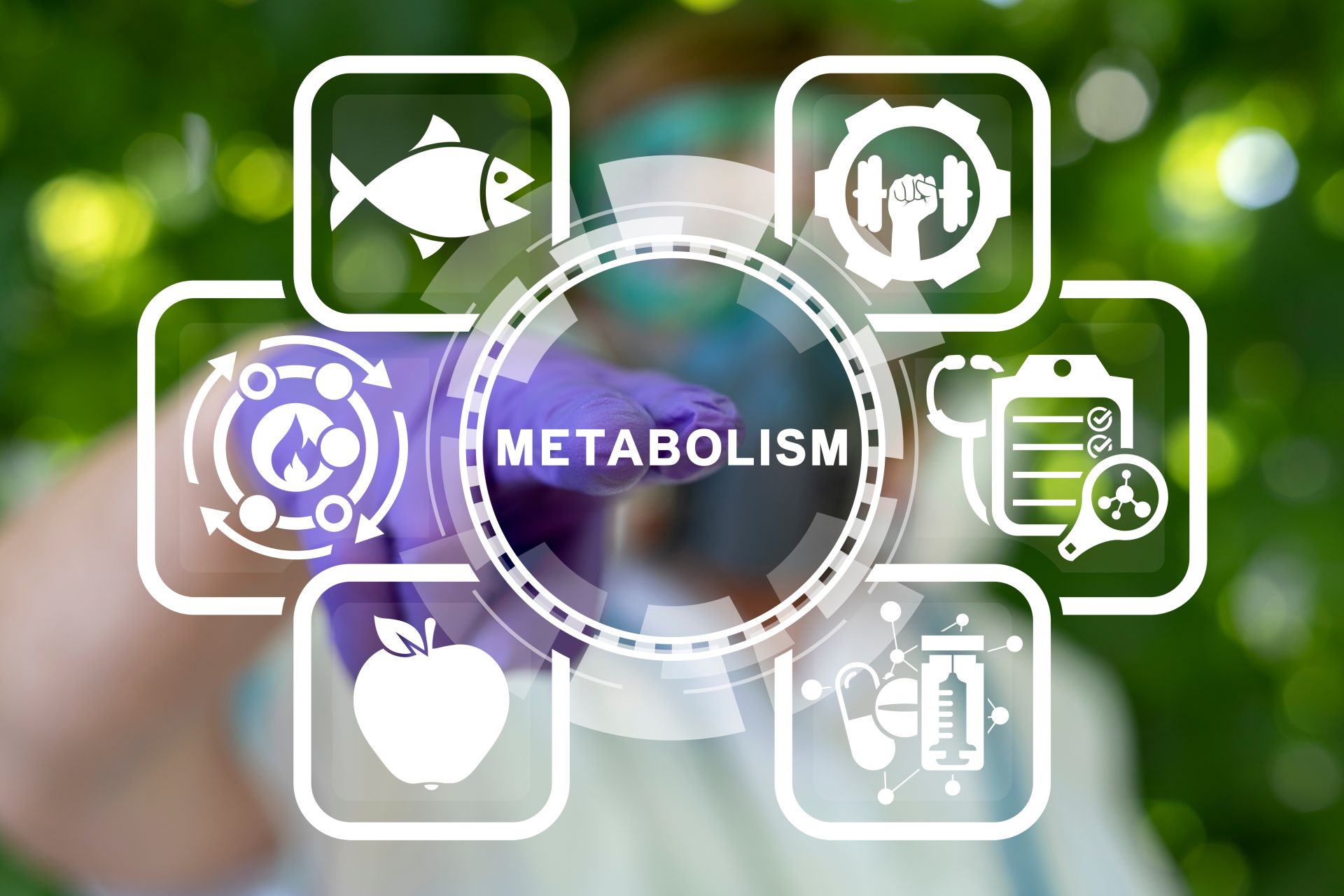 Next article ⮞
Next article ⮞
